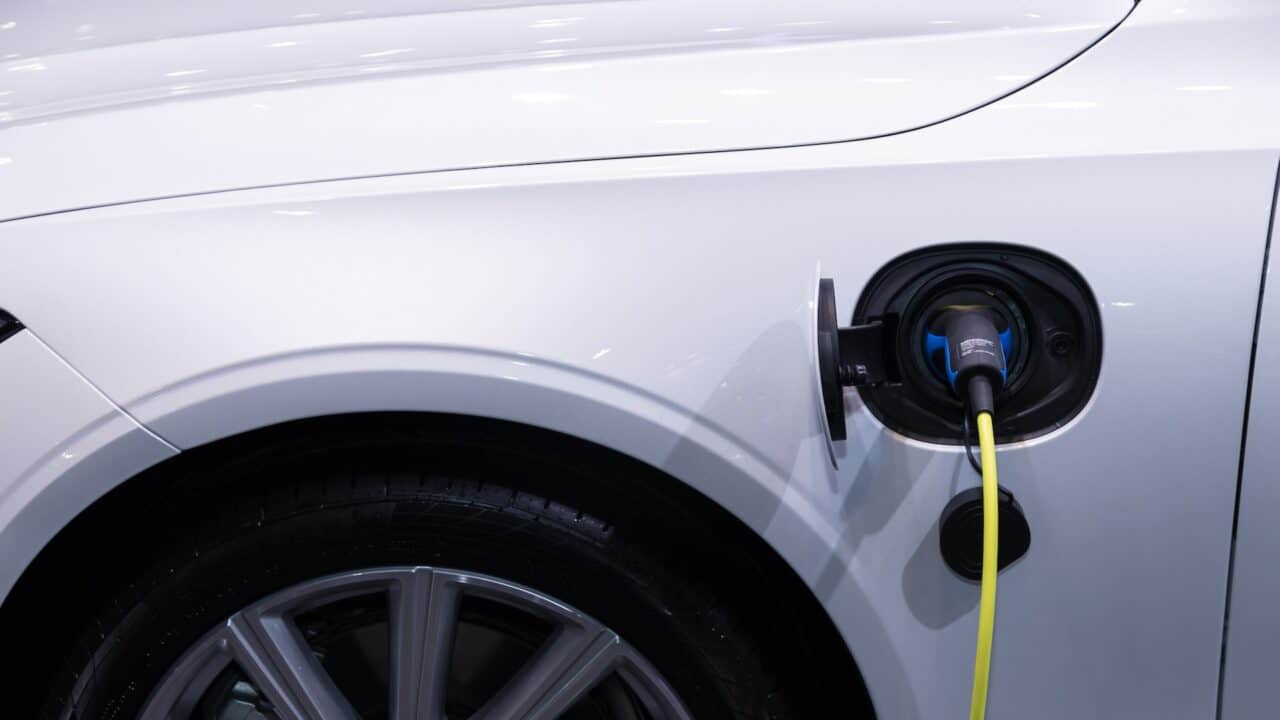 Photo by Rathaphon Nanthapreecha on Pexels: https://bit.ly/3eMZlC1
Photo by Rathaphon Nanthapreecha on Pexels: https://bit.ly/3eMZlC1
America’s largest trade partners and allies have raised concerns over the so-called “Inflation Reduction Act” which imposes trade barriers in the electric vehicle market. The IRA and the potential for trade retaliation over its provisions could have widespread, harmful effects for American households and businesses.
Last week, South Korean Trade Minister Ahn Duk-geun traveled urgently to the U.S. for bilateral talks on the legislation passed by Democrats, amid international unease over the bill’s electric vehicle tax credit provisions.
The IRA offers tax credits of up to $7,500 for buyers of electric vehicles (EVs) but only if those vehicles were assembled within North America, therefore excluding all electric cars from South Korea and certain other nations.
South Korean officials reportedly saw the geographical restrictions for the tax credits as a “betrayal,” given that Korea is one of just 20 nations with whom the United States has a free trade agreement and is the fifth-largest manufacturer of motor vehicles in the world.
Prior to the Trade Minister’s visit, Seoul asserted that the IRA violates the Korea-U.S. free trade agreement. More dramatically, Ahn said that the EV provisions could “shake the trust in the [U.S.-South Korean] trade relationship itself” and said his country would demand changes to the law.
The result of Ahn’s meeting with U.S. Trade Representative Katherine Tai was the establishment of a new consultation channel between the two countries to continue discussing the unresolved dispute in the coming weeks.
South Korea is not the only ally expressing dissatisfaction with the IRA as passed. Japan’s Economy, Trade, and Industry Minister Yasutoshi Nishimura told U.S. Secretary of Commerce Gina Raimondo that the electric vehicle tax credit provisions would hurt trade with his country as well.
Although Japan is not party to a bilateral free trade agreement with the United States, Nishimura asserted that the IRA may even violate World Trade Organization rules by discriminating against the foreign-made vehicles. South Korean and European Union officials have made similar accusations of WTO violations under the Inflation Reduction Act.
“Green measures should not be designed in a discriminatory, WTO-incompatible way,” declared the European Commission earlier this month, in reference to the IRA.
The Biden administration has also refused to either rejoin the Comprehensive & Progressive Trans-Pacific Partnership (CPTPP) or consider a Phase Two agreement with Japan that would expand the limited Phase One trade agreement negotiated by the Trump administration.
Japan is the fourth-largest trade partner of the United States and the largest source of Foreign Direct Investment, while South Korea is the sixth-largest trade partner by volume. European Union countries had a trade volume with the U.S. of over $630 billion in 2021, collectively ranking as one of America’s largest trade partners.
Free trade is beneficial to American consumers, including in the electric vehicle market. Allowing for free trade enhances competition, which helps lower prices and increases the quality of goods that households purchase.
By picking winners and losers in the EV market, the Inflation Reduction Act distorts this competition and only ensures that electric vehicles cost more for American consumers than they otherwise would.
Sensing this reduced competition, electric vehicle producers who do qualify for the tax credit have already taken the opportunity to raise prices on their vehicles. For example, as Congress was in the process of approving the $7,500 tax credit for certain electric vehicles, Ford hiked the price of its F-150 Lightning by $7,000. Earlier this year, General Motors, Tesla, Rivian, and Cadillac similarly raised the prices of their electric vehicles.
One major problem is that new trade barriers––such as the IRA’s domestic EV subsidies––could lead to trade partners such as South Korea, Japan, and the European Union implementing retaliatory trade barriers of their own. Together, they are currently the destinations of $400 billion in U.S. exports.
In a trade war with America’s allies and largest trade partners, the fallout could be highly consequential to America’s competitiveness. Retaliation could be aimed at any sector of the U.S. economy, likely harming Americans who had nothing to do with the electric vehicle sector in the first place.
The ultimate result of the Inflation Reduction Act is the worst-case scenario for Americans: Not only are consumers seeing more price hikes, but taxpayers are footing the bill for inflationary subsidies while the White House provokes trade conflicts with allies. Consequently, as with multiple provisions within the IRA, the electric vehicle tax credit rules appear set to increase inflation in the U.S. rather than reduce it.

